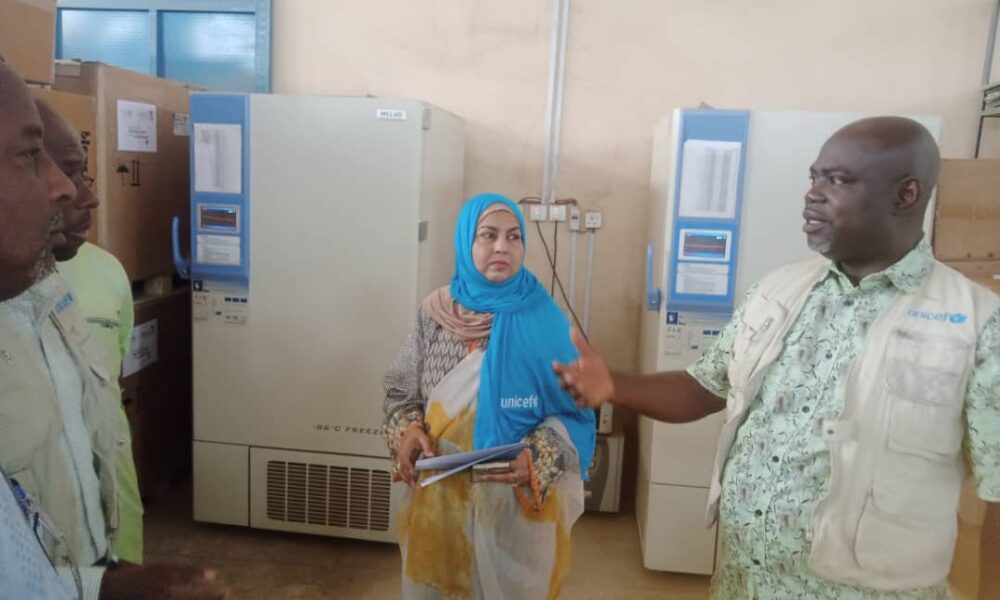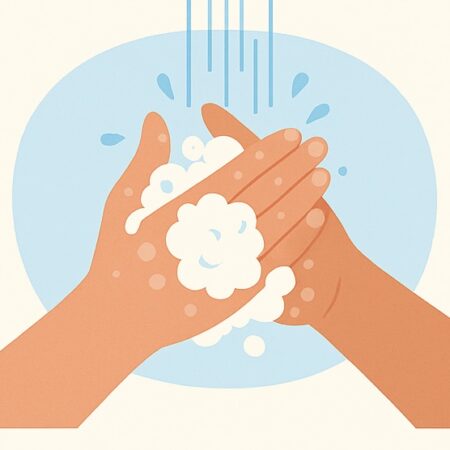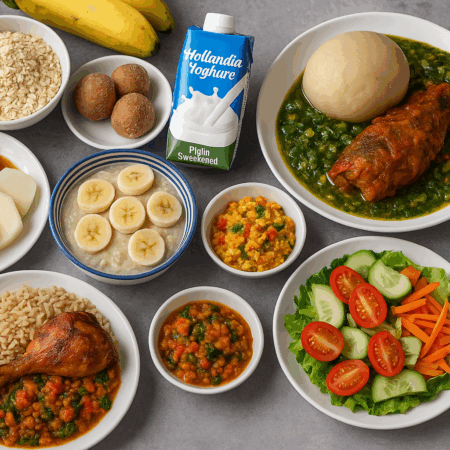UNICEF Donates 2.5 Million Polio Vaccines to Bauchi State, Targets 556,000 Unvaccinated Children
In a vital move to combat the spread of polio and safeguard the health of Nigerian children, the United Nations Children’s Fund (UNICEF) has donated 2.5 million doses of polio vaccines to Bauchi State in preparation for the upcoming 2025 vaccination campaign.
This donation is part of UNICEF’s broader effort to address the alarming number of unvaccinated children in the region and further Nigeria’s fight against polio.
Bauchi, one of Nigeria’s key states in the fight against polio, faces a critical challenge: over 556,000 children across 13 Local Government Areas (LGAs) have never been vaccinated. These children, known as “zero dose children,” are particularly vulnerable to polio and other vaccine-preventable diseases. This puts their survival and long-term health at risk, underscoring the importance of the vaccination drive.
At a handover ceremony held on Thursday at the State Cold Store, located within the Abubakar Tafawa Balewa University Teaching Hospital (ATBUTH), Dr. Nuzhat Rafique, the UNICEF Chief of Field Office for Bauchi, emphasized the urgency of the upcoming campaigns. She stated, “This year’s campaign is a critical milestone in the global effort to eradicate polio. The targeted vaccination round for the 13 LGAs with zero dose children will begin on April 24th, followed by a state-wide campaign from April 26th to 29th.”
Dr. Rafique’s remarks highlighted the importance of this campaign, calling it “a make-or-break event” for Bauchi and for Nigeria’s contribution toward the global eradication of polio. She pointed out that 13 out of the state’s 20 LGAs have zero dose children, making it essential for communities to take action and participate in the vaccination campaign.
To support the vaccination efforts, the Bauchi State Primary Healthcare Development Board has already received the 2.5 million doses of polio vaccines. Additionally, more than 50,000 doses of oral polio drops and 25,000 pen markers have been provided to ensure that each vaccinated child is properly marked.
Dr. Rafique also appealed to local communities to work together and ensure that their children are vaccinated. She stressed the long-term benefits of immunization, not only for the children but for future generations of Nigerians. “If we succeed in eradicating polio, it will positively impact generations to come, ensuring a healthier future for all,” she added.
Patrick Akor, UNICEF’s Health Officer, also spoke at the event, assuring that all vaccination teams would be adequately supplied with vaccines throughout the campaign. He explained that the first round of vaccination will target children from 0 to 59 months of age, with the goal of reaching as many children as possible in all the LGAs.
The primary healthcare authorities in Bauchi have vowed to conduct widespread awareness campaigns to ensure that parents and caregivers are fully informed about the importance of vaccination. Bappah Jika, a representative from the Bauchi State Primary Healthcare Development Board, thanked UNICEF for their generous donation, emphasizing that the vaccines would play a critical role in saving lives.
The vaccines are expected to reach thousands of children, especially those in rural and hard-to-reach areas, where access to healthcare has historically been limited. The awareness campaign will include community meetings, radio broadcasts, and other outreach activities to ensure that no child is left behind.
This initiative is part of Nigeria’s broader commitment to eradicating polio, a disease that has plagued many countries, including Nigeria, for decades. While Nigeria has made significant progress in reducing polio cases, the remaining zero dose children pose a significant risk, making efforts like this vaccination drive even more crucial.
As the vaccination campaigns begin in late April, UNICEF urges all Nigerians, especially those in Bauchi State, to take part in ensuring that every child under the age of five is vaccinated. By doing so, they will be contributing to the global fight against polio and ensuring a healthier, disease-free future for their children.












